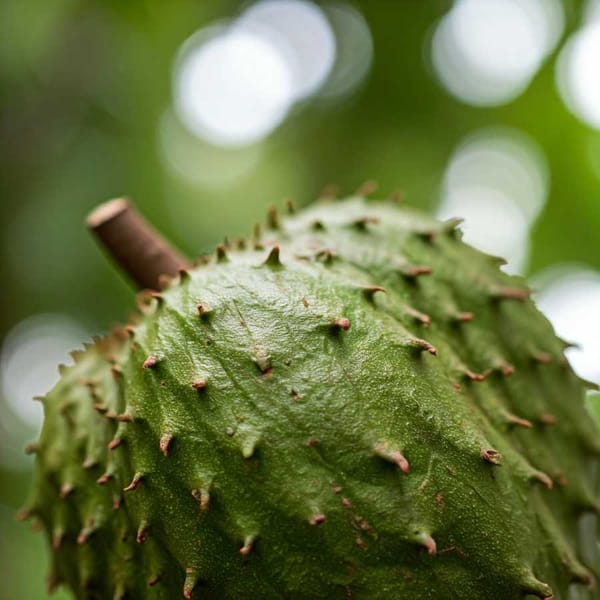Mexican National Guard: born to fight crime but deployed to stop migrants
The Law of the National Guard defines that this is a police, armed and civil institution with technical, operative, and command autonomy.

The beginning of 2019 has been the most violent in the history of Mexico. To combat this insecurity, Lopez Obrador created the National Guard, but after an agreement with Donald Trump, this body has been deployed to stop migration to the U.S., leaving aside the objective for which it was formed.
The National Guard was deployed just a few days ago and has already given its first blows against organized crime. The first case was in the municipality of Acuamanala de Miguel Hidalgo, in Tlaxcala, where an international network of human trafficking for sexual exploitation was dismantled.
The National Guard, in collaboration with the Investigation Division of the Federal Police and the Office of the Attorney General of the Republic (FGR), released seven Honduran migrants and arrested eight persons linked to an international human trafficking network.
According to the Secretariat of Citizen Security and Protection (SSPC), coordinated research determined that this group of people, identified as family members, operated mostly in the states of Tijuana, Tabasco, San Luis Potosí, Morelos, and Puebla.
In addition, thanks to their financial histories, they were able to learn who lent names and received bank deposits from the victims. This network operated by hooking victims through falling in love; later, they were forced to prostitute themselves in different states of the country, to cover a daily quota.
Thanks to various police reports, search and arrest warrants were obtained that allowed simultaneous operations to be implemented in nine properties, where five women and two men were apprehended. Seven migrants of Honduran nationality were also rescued and received the necessary attention in a manner that was in keeping with their human rights.
Detentions in Puebla
In the city of Puebla, Puebla, a man was arrested while hiding in a downtown hotel. On the other hand, an operation was also carried out in the Union market, known as "the black hole", leaving a balance of 39 people arrested for administrative misdemeanors and two more for crimes against health, as well as 650 insured doses of various narcotics.
The Secretariat of Public Security and Municipal Transit reported that the review of the supply center was coordinated by the three levels of government. The operation ended with the arrests of Alma "N", 38 years old, and Saúl "N", 37 years old, accused of crimes against health because they possessed drugs. According to the municipal authority, 39 people were arrested for various crimes, for which they were put at the disposal of a qualifying court.
Various products of illicit origin, such as auto parts, household appliances, computer equipment, audio, machinery, and gardening tools, were also secured. It was around 1:30 p.m. when agents from various police corporations arrived at the market to search the commercial premises, allegedly following a citizen complaint alerting them to the sale of retail drugs and illicit products.
The National Guard, Federal, State, and Municipal Police, as well as the municipalities of Cuautlancingo, San Andrés, and San Pedro Cholula and Foreign Trade personnel, participated in this operation. In addition, staff from the Municipal Treasury's Commercial Regulation and Regulation Unit and the Department of Public Roads of the Municipal Government Secretariat (Segom) also collaborated.
In recent days, markets in Puebla, such as Unión, Morelos, Independencia, Xonaca, and La Acocota, have received operations in search of drugs and products of dubious origin. All these centers were considered by the authorities as bastions of Cristian "N", alias El Grillo, one of the most dangerous capos of Puebla and member of the cartel Jalisco New Generation, arrested last June 27 in Mexico City.




